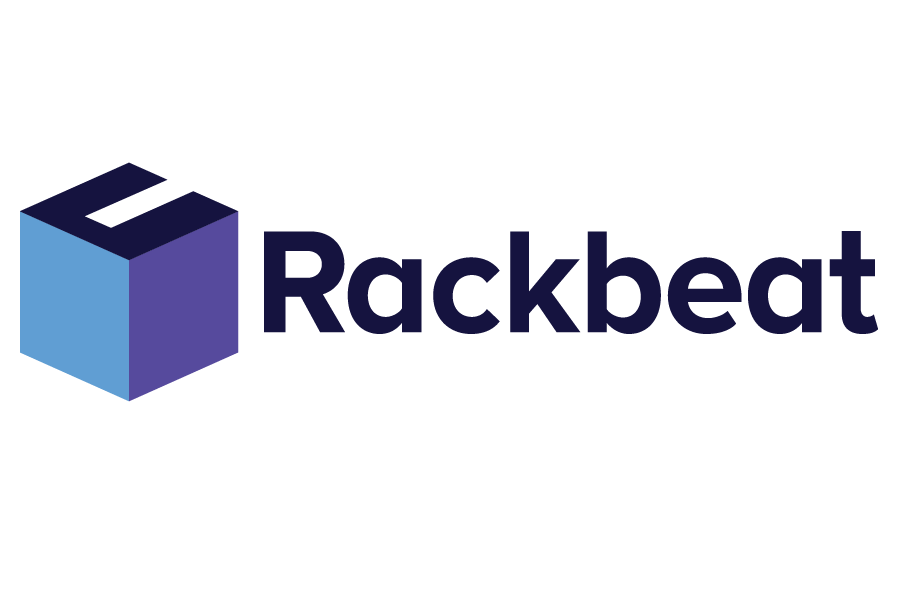Partial Billing
Partial billing refers to the process where a seller issues invoices to a buyer for a part of the total quantity of goods or services agreed upon in a contract or order before the entire order is completed. This is especially common in industries where projects extend over a longer period or where deliveries occur in stages. Partial billing enables companies to maintain continuous cash flow while customers are only billed for the goods or services they have actually received.
Rackbeat January 2, 2024
Partial Billing: Relevance in Long-Term Projects
In long-term projects, partial billing is a common practice. Here, payments can be scheduled in accordance with the completion of specific phases of the project. This can help manage cash flow and ensure that funds are available to continue the work. It also gives customers an opportunity to assess the progress of the work before releasing the next payment.
Application of Partial Billing in Supply Chain
In supply chain operations, partial billing involves a supplier issuing invoices to the customer based on partial deliveries of a larger order. This typically occurs when an agreement between a buyer and a seller includes deliveries of goods in several stages, and thus where the delivery time is extended, or over a longer period. Instead of waiting for the entire order to be delivered, the seller can invoice for each delivery separately – optimizing one’s purchasing management and order management.
Benefits of Partial Billing
- Increased customer satisfaction: Customers feel greater control over the payment process as they can verify each part of the delivery or project’s completion before paying.
- Improved cash flow: Sellers can improve their cash flow by receiving payments as work progresses, which can help cover ongoing costs.
- Less risk of errors and discrepancies: By billing for smaller portions at a time, the risk of errors and discrepancies in the billing is minimized, as each part is easier to review and approve.
Partial Billing in Rackbeat
In Rackbeat’s inventory system, the process for partial billing and receipt of goods is streamlined and user-friendly. When part of an order is received, the user can adjust the amount of received goods directly in the system, changing the status of the purchase order to “partially received”. This approach allows companies to issue invoices accurately for the delivered goods, contributing to better cash flow and increased satisfaction for both seller and buyer. When the remaining part of the goods is received, the order is updated to reflect the full delivery, enabling accurate and timely completion of the billing.



